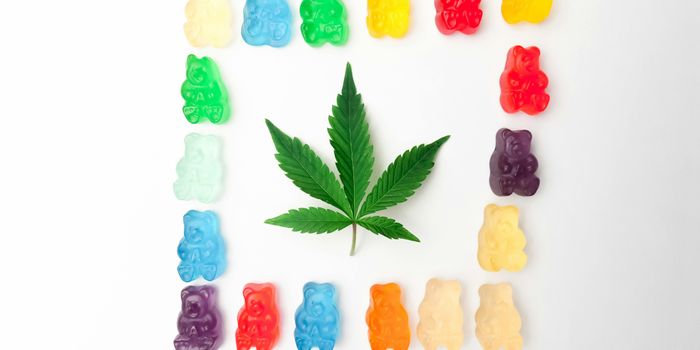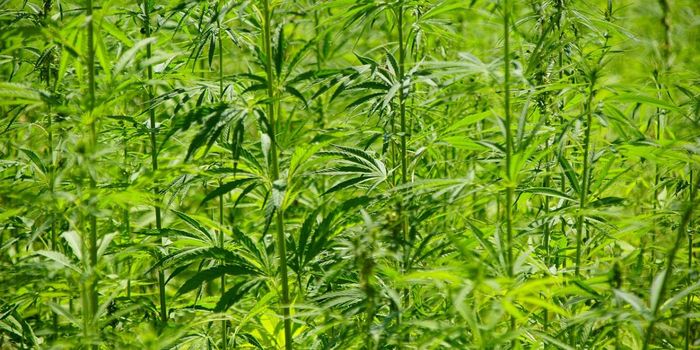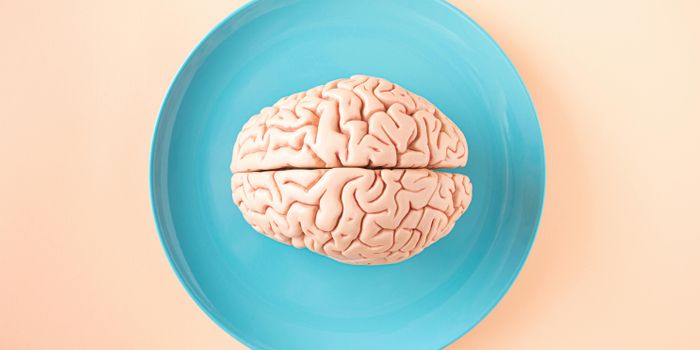A Tale of Two THCs
University of Connecticut researchers examined the differences between two closely related cannabinoids from the cannabis plant known as Δ8-THC and Δ9-THC, and they found that there were no significant differences in effect. In fact, the animal model suggested there is little variation in effects caused by Δ8-THC and Δ9-THC. Δ9-THC is federally illegal due to Schedule I drug classification, but Δ8-THC is considered a safe herbal supplement in states where it is legal. The two compounds differ only by the location of a double bond in Δ8-THC.
The study evaluated the effects of Δ8-THC and Δ9-THC in mice. Research conducted in Japan in the 1980s had shown that Δ8-THC produced the same effects in mice as Δ9-THC. The researchers reproduced this study and corroborated its findings: the mice given Δ8-THC became lethargic and their body temperature decreased. The mice became cataleptic meaning that the researchers could put the mice in unusual positions and they would remain in that position for several seconds.
The researchers also blocked the mice’s THC receptors and found that blocked mice had no reaction to Δ8-THC. This observation indicated that Δ8 interacts with the same receptors as Δ9-THC.
The researchers gave one group of mice Δ8-THC twice a day for five days. The mice became desensitized to the Δ8-THC. When they were administered the THC blocker, the mice’s behavior mimicked withdrawal symptoms.
The researchers also conducted an experiment which involved “asking” the mice how the drug felt. The mice go to a specific spot for a reward if they were administered Δ9-THC. After the training, the mice were given Δ8-THC. They returned to the same reward spot as when they were given Δ9-THC which suggests they were seeking out cannabis’s euphoric effects.
The “cousin” compounds Δ8-THC and Δ9-THC highlight the tensions between federal and state cannabis policies and the complicated nature of regulation. Δ9-THC products must be sold in state approved dispensaries and are heavily taxed, yet hemp producers can sell Δ8-THC without the strict regulations that impact Δ9-THC cultivation and sales.
Sources: Drug and Alcohol Dependence, University of Connecticut








